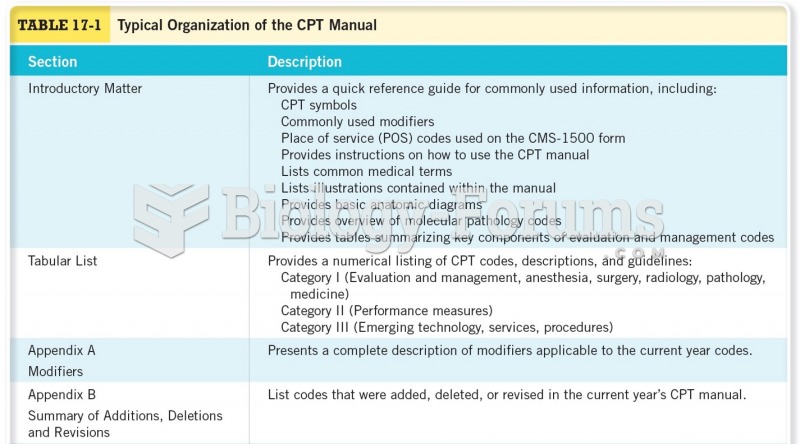Answer to Question 1
Delirium is characterized by impaired consciousness and cognition during the course of hours or days. People with delirium appear confused, disoriented, and out of touch. Their memory, language, and attention are impaired. Delirium increases with age and is often related to medical conditions such as cancer, HIV, drug use, poisons, and head injuries. Antipsychotic drugs can decreases symptoms, and psychosocial interventions can help patients and their families cope with emotional and mental changes caused by the disease.
Answer to Question 2
The disorder known as delirium is characterized by impaired consciousness and cognition during the course of several hours or days. Delirium is one of the earliest-recognized mental disorders. People with delirium appear confused, disoriented, and out of touch with their surroundings. They cannot focus and sustain their attention on even the simplest tasks. There are marked impairments in memory and language.
Major neurocognitive disorder is the cognitive disorder characterized by a gradual deterioration of brain functioning that affects judgment, memory, language, and other advanced cognitive processes.
Although delirium and major neurocognitive disorder can occur together, major neurocognitive disorder has a gradual progression as opposed to delirium's acute onset; people with major neurocognitive disorder are not disoriented or confused in the early stages, unlike people with delirium.
The main deficit of amnestic disorder appears to be the inability to transfer information into long-term memory, which can cover minutes, hours, or years. This disturbance in memory is caused by either the physiological effects of a medical condition, such as head trauma, or the long-term effects of a drug. Amnestic disorders involve a dysfunction in the ability to recall recent and past events. The most common is Wernicke-Korsakoff syndrome, a memory disorder usually associated with chronic alcohol abuse.







